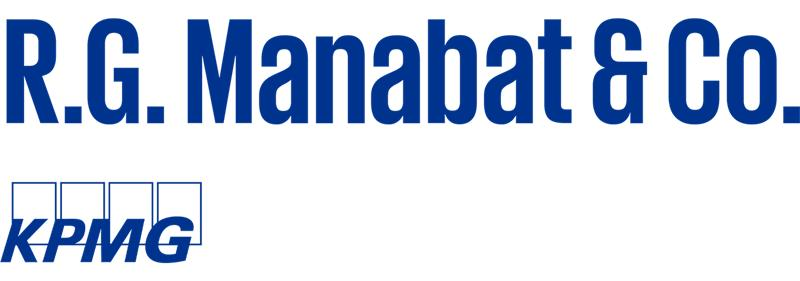In this day, we are all about consuming digital content—from music we listen to, movies and television shows we watch, and e-books and other reading materials we pore over. However, over the past few months, we have received notices from our favorite streaming platforms and digital services providers (DSPs) that they will be increasing their fees to apply the 12% value-added tax (VAT) on the digital services that they provide. Indeed, we are now feeling the effects of Republic Act No. 12023, which amended Section 108 of our Tax Code so that the phrase “sale of services” shall expressly include the supply or delivery of digital services by DSPs in the Philippines.
As a quick refresher, the law and implementing regulations define ‘digital services ‘ as any service that is supplied over the internet or other electronic network with the use of information technology and where the supply of the services is essentially automated. Digital services include online search engines, online marketplaces or e-marketplaces, cloud services, online media and advertising, online platforms, or digital goods. Moreover, the VAT on such digital services shall be imposed regardless of whether the corresponding digital service provider is a resident or a nonresident supplier as long as the digital services will be consumed in the Philippines.
Since the enactment of the law and its implementing regulations, nonresident digital service providers (NRDPSs) have been scrambling to comply with the registration requirement for the VATable digital services that they provide to Philippine customers. The key driver for compliance is the risk of suspension of business operations and the blocking of digital services performed or rendered in the Philippines, which is not a favorable scenario for the NRDSPs providing such digital services.
The NRDSPs were initially given 60 days from the effectivity of Revenue Regulations (RR) No. 3-2025 to register through the VAT on Digital Services (VDS) Portal. However, the period to register was eventually extended from 60 to 120 days through RR No. 14-2025, or up until 1 June 2025. Such deadline for the online or electronic registration of all NRDSPs was further extended by the Bureau of Internal Revenue (BIR) through Revenue Memorandum Order (RMO) No. 58-2025 until 1 July 2025. However, despite the extension of the period to register, the imposition of VAT on digital services will still be reckoned from 2 June 2025, as stated in RR No. 14-2025. As such, all digital services provided from 2 June 2025 by both resident DSPs and NRDSPs should already be subject to VAT—regardless of the status of their registration with the BIR.
Such extensions afforded by BIR to NRDSPs were attributable to the unavailability of the VDS Portal and the alternative registration portal, the Online Registration and Update System (ORUS), which, as of the time of writing, remains to be offline and under maintenance due to system migration activities. NRDSPs with local representatives were afforded the opportunity to manually register in compliance with the law imposing VAT on the digital services. However, not all NRDSPs have representatives in the Philippines to register their business with the BIR. Once again, as the deadline to register with the BIR looms anew, NRDSPs who have not yet successfully accessed the VDS Portal or the ORUS platform are placed in a difficult situation: on one hand, they are being compelled to register on or before the deadline. On the other hand, the online portals that were supposed to allow them to register are both unavailable.
In the spirit of fairness and equity, the BIR may consider granting further extension of the deadline to give NRDSPs ample time and opportunity to prepare and register as a VAT taxpayer through a live VDS Portal or fully functioning ORUS platform. The thrust towards imposing VAT on digital services should come with the guarantee that our government’s infrastructure and system should be capable and dependable when it comes to the implementation and execution of the intent of the law to subject digital services provided by NRDSPs to VAT. Nevertheless, we remain optimistic that the challenges that DSPs are encountering in the imposition of VAT on digital services will be ironed out and settled over the coming months. The successful implementation of the VAT on digital services has the potential to increase tax collection and support the nation-building efforts of our government.

Arik Aaron C. Abu
Tax Manager
R.G. Manabat & Co.
Arik Aaron Abu is a Manager from the Tax Group of R.G. Manabat & Co. (KPMG in the Philippines), a Philippine partnership and a member firm of the KPMG global organization of independent member firms affiliated with KPMG International Limited, a private English company limited by guarantee. The firm has been recognized as a Tier 1 in Transfer Pricing Practice and in General Corporate Tax Practice by the International Tax Review. For more information, you may reach out to Arik Aaron Abu or Kathleen Saga through ph-kpmgmla@kpmg.com, social media or visit www.home.kpmg/ph.
This article is for general information purposes only and should not be considered as professional advice to a specific issue or entity. The views and opinions expressed herein are those of the author and do not necessarily represent KPMG International or R.G. Manabat & Co.

